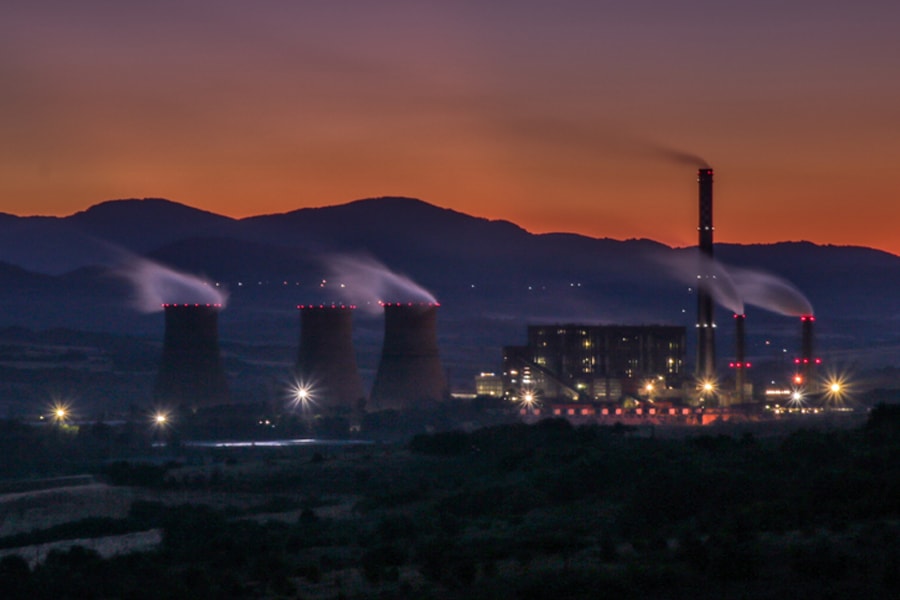
Prospects Dim for Low-carbon Nuclear Industry, EPP Researchers Say
By Adam Dove
Media Inquiries- College of Engineering
In a new paper, former and current researchers from Carnegie Mellon University's Department of Engineering and Public Policy say nuclear power will probably not make a significant contribution to decarbonizing the U.S. energy system over the next three or four decades.
In the paper, "U.S. nuclear power: The vanishing low-carbon wedge," published in the Proceedings of the National Academy of Science, the team examined the current U.S. nuclear fleet, which is made up of large light water nuclear reactors. While for three decades, approximately 20 percent of U.S. power generation has come from these reactors, these plants are aging. The cost of maintaining and updating them along with competition from low cost natural gas makes them less and less competitive in today's power markets.
In place of large light water nuclear reactors, the team asked whether advanced reactor designs might play a significant role in U.S. energy markets in the future. They concluded that they probably would not. Then, the team examined the viability of developing and deploying a fleet of factory manufactured smaller light water reactors, known as small modular reactors. The team examined several ways in which a large enough market might be developed to support such an industry, including using them to back up wind and solar and desalinate water, produce heat for industrial processes or serve military bases. Given the current market and policy environments, they concluded that the prospects for this occurrence do not look good.
"It should be a source of profound concern for all who care about climate change that, for entirely predictable and resolvable reasons, the United States appears set to virtually lose nuclear power, and thus a wedge of reliable and low-carbon energy, over the next few decades," the team wrote in the paper's conclusion.
Lead author of the paper was M. Granger Morgan, the Hamerschlag University Professor of Engineering. He was joined by Ahmed Abdulla, adjunct assistant professor in engineering and public policy, who received his Ph.D. from CMU in 2014; fellow at the University of San Diego California School of Global Policy and Strategy and a postdoctoral researcher at Harvard, who received his Ph.D. from CMU in 2017; and Ph.D. student Michael Rath.